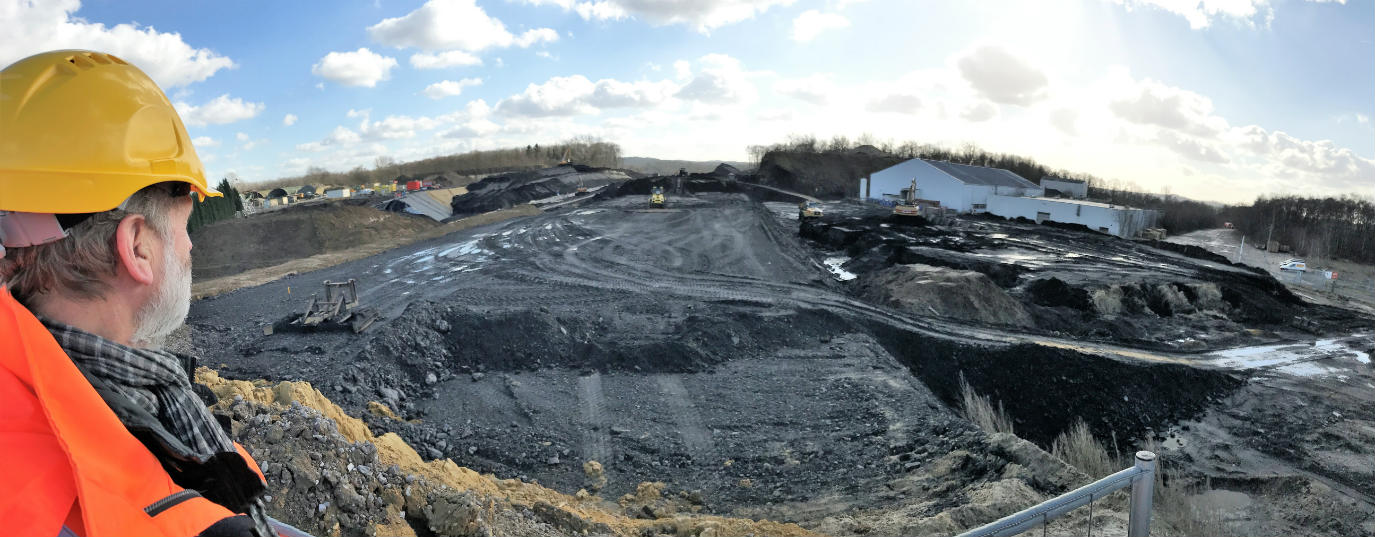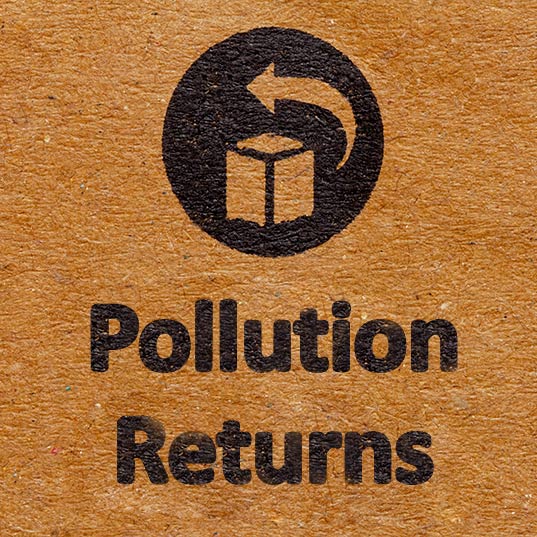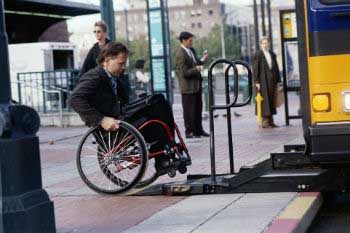ESG criteria in public tenders
The environmental, social and governance criteria help achieve sustainable economic development that respects the environment and society
According to the Organisation for Economic Cooperation and Development (OECD), public contracting of its member states represents an average of 12% of their GDP. This figure is sufficiently relevant as to help companies improve their Environmental, Social and Governance practices (ESG). Would you like to know in what way?
Traditionally, when launching a public tender to award a public contract, there are a series of criteria that are considered, mainly economic and quality-related: the company that undertakes to perform the work in the time and form required at the cheapest price wins the contract. However, lately, the inclusion of ESG criteria in public tenders is becoming more common.
These criteria, which contribute very positively to development of a country, not only limit the conditions for tender but are also analysed during implementation and other phases of the contract. Under this premise, companies that want to win public contracts should include sustainability practices such as inclusion of an equality plan for opportunities between men and women, environmental certifications, special employment centres, etc.
Environmental criteria and public tenders
In terms of public contracting, the Europe Strategy 2020 makes this tool an essential aspect for achieving this growth in an intelligent, sustainable and integrating fashion. Under this agenda, the Green Public Procurement (GPP) Directive seeks for European Union member states to make use of their economic power to purchase goods, services and works with the minimal environmental impact possible thereby contributing to the Sustainable Development Goals, especially goals number eight (Decent work and economic growth) and nine (Industry, innovation and infrastructure).
The GPP directive can boost innovation and give industry incentives to develop work, products and services that respect the environment. It can also mean an important saving for the administration if we consider the duration of the contract and not just the purchase price. Moreover, authorities that implement GPP will be better prepared to face environmental challenges in the medium and long-term. For example, to reduce greenhouse gas emissions or move forward towards a circular economy.
Social criteria and correct governance in public tenders

Within these criteria, social criteria and correct governance become especially relevant. For example, special protection conditions such as hiring less able persons and groups at risk of social exclusion are considered; the boost in SMEs - reduction in bureaucratic hurdles - the prohibition of awarding contracts to companies that operate in tax havens; compliance with human rights both internally and in the supply chain; gender equality programs (removal of the glass ceiling, wage and position equality), etc.
But challenges still remain. Implementation of these criteria is still pending and will condition legislation, training, cooperation with competent authorities, sectoral harmonisation, etc. These aspects are today still to be developed but will doubtless mean that ESG criteria will become an important weapon in the response to economic, social and environmental development.
Sources: Ágora RSC, Organización para la Cooperación y el Desarrollo Económicos, Organización para la Cooperación y el Desarrollo Económicos II, Comisión Europea, Corresponsables, Ágora RSC II, Comisión Europea II, El Economista, Ecopost, Comisión Europea III, Comisión Europea IV and El Mundo.







